"The horse market in Bac Ha is really the best of its type nationwide," Yang A Lao said, trying to convince me.
The horse market has existed for a long time in this mountainous region. According to memories of the local old people, every market in Lao Cai had a quarter for horse trading. This is understandable, for the locality has a rugged terrace, mostly mountains and hills, and 65 percent of the inhabitants are ethnic people. For this reason, the horse plays an important role in local people's lives. Even now, when many roads in the hamlets have been paved with asphalt, the horse is still used for transport and heavy work.
In the old days, Lao Cai had four horse markets which were held in Bao Nhai (Wednesdays), Lung Phinh (Thursdays), Simacai (Fridays) and Bac Ha (Saturdays). People could visit the markets to search for a favourite horse to buy, but it took a long time to find the best one, as the markets are far away from each other. For this reason, the local people decided to group all the markets into one, which opens every Sunday in Bac Ha.
I accompanied Yang A Lao to the horse market that Sunday morning. The market was crowded with people when we arrived. While Yang A Lao was trying to find a place for us to stand, I looked around and breathed in the bustling atmospheres: there are separate quarters for different purposes horses, including pack horses, riding horses, mares and colts. Groups of four or five ethnic men, including the Tay, Dao, Kinh and Mong, are standing around each horse, examining the animals to find the best suitable for their purpose. Different languages were used for bargaining, making the whole area boisterous. Seeing a middle-aged man in indigo dress approaching, Yang A Lao whispered to me: "He is Giang Seo Chu of Na Man village, a horse dealer widely known in this region. A few months ago, he bought some horses and waited for the best time to sell them and then made VND1 million profit on each horse."
I saw Giang Seo Chu walking around a horse with the darkest coat. He looked at the animal attentively, then stopped and suddenly beat on the horse's back with his hand. He sniffed his hand and thought for a while then shook his head and came to another horse nearby. Vang A Lao explained to me: "That’s how he checks the horse's physical health, through the grease in the horse's sweat."
Giang Seo Chu paid more attention to the fifth horse. He looked at its nose, mouth, mane and feet, then bargained with the horse owner, starting at VND4 million, VND4.5 million, then finally settling on VND5 million. "Your horse is the most expensive sold today," he told the horse owner, Vang Van An, and laughed aloud.
After talking with the horse dealers like Giang Seo Chu, I came to know that the price of horses changes constantly. At the beginning of a crop, farmers need the horsepower and they rush to the market to buy horses. But when harvest time is over, they don't need the horse anymore and sell it. When building a new house, people also buy a horse for temporary use to transport construction materials. When their house is completed, they fatten the horse up and sell it at the market. Despite all this, each Mong family has at least one or two horses.
Giang Seo Chu drank a bowl of wine given by Yang A Lao to congratulate him on his good deal. "In Bac Ha, I never starve with my job," Mr Chu said. "My son surely will do my job."
Yang A Lao also felt happy for he sold his pack horse for VND1.7 million. It's not as good a price as he hoped for but he had to sell it anyway.
Trung Kien
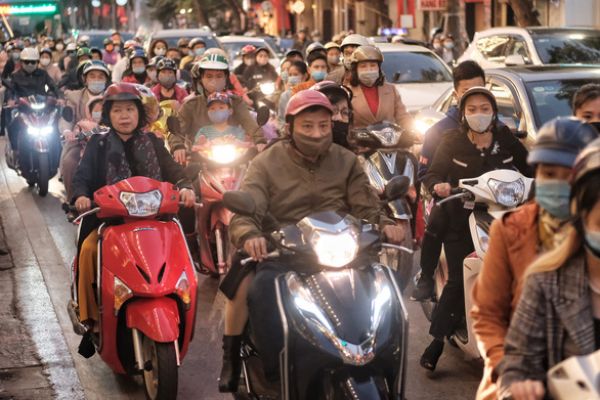
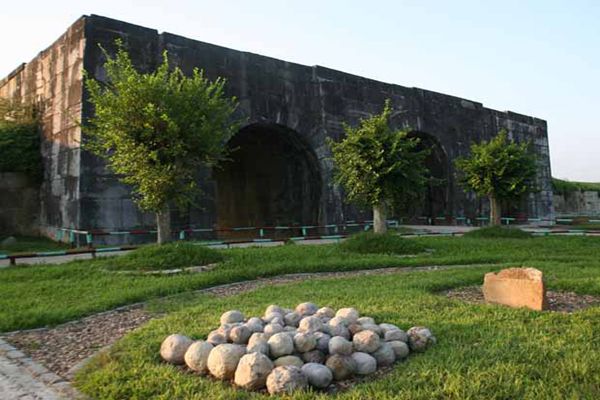
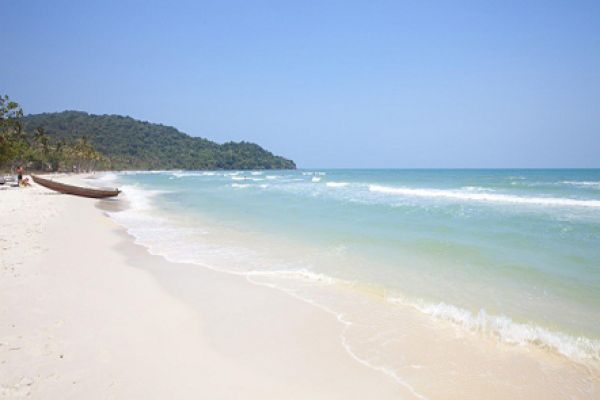
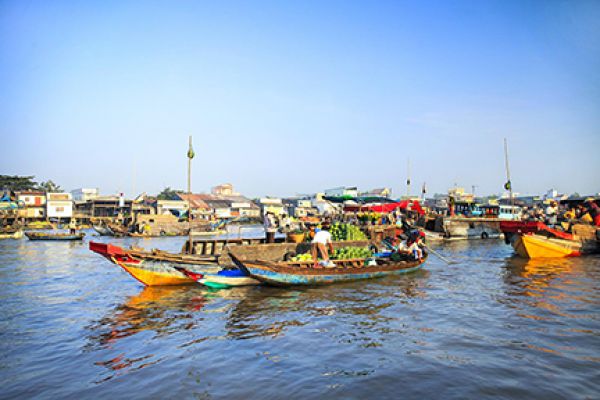
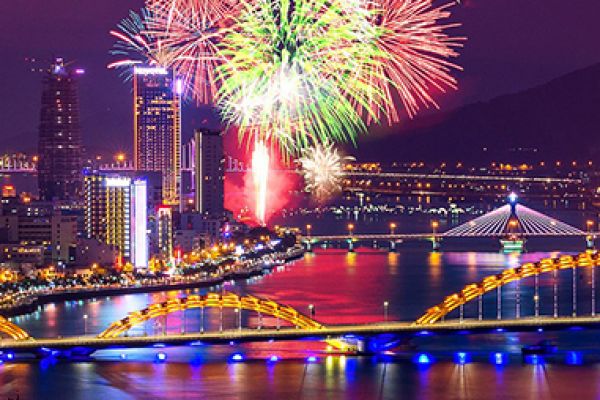

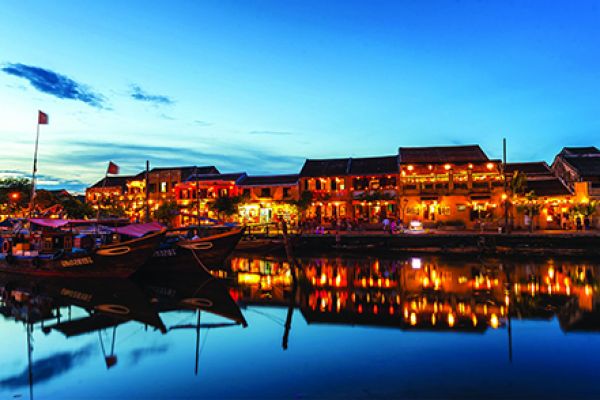
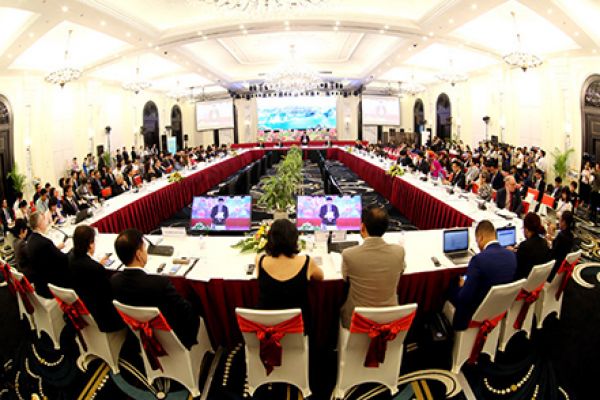
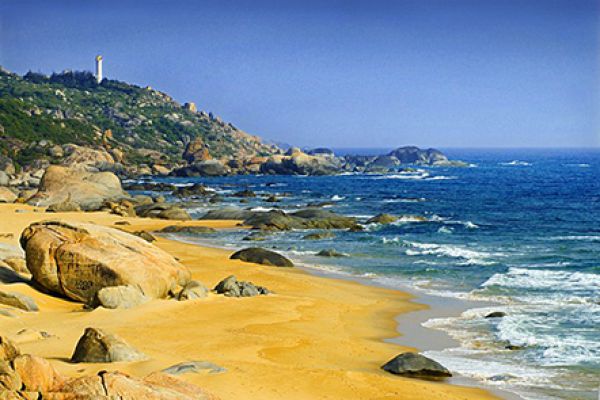
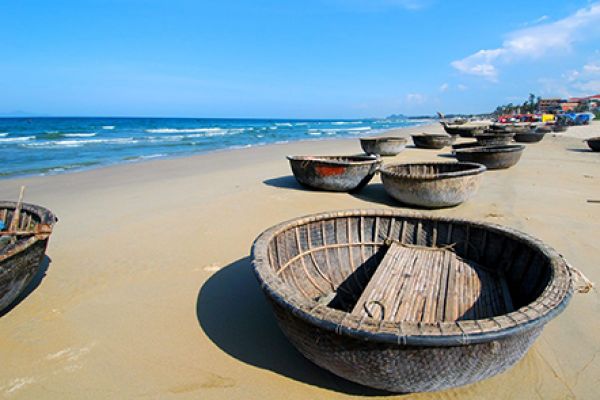
(84-63) 3 826042 – (84-63) 3 511142
No 54 Nguyen Dinh Chieu, Ham Tien Central Mui Ne Beach Binh Thuan Vietnam
523 To Hien Thanh District 10 Ho Chi Minh City Vietnam
Ha Long Halong City Quang Ninh Vietnam
A13 Hung Thong 2 Halong City Quang Ninh Vietnam




